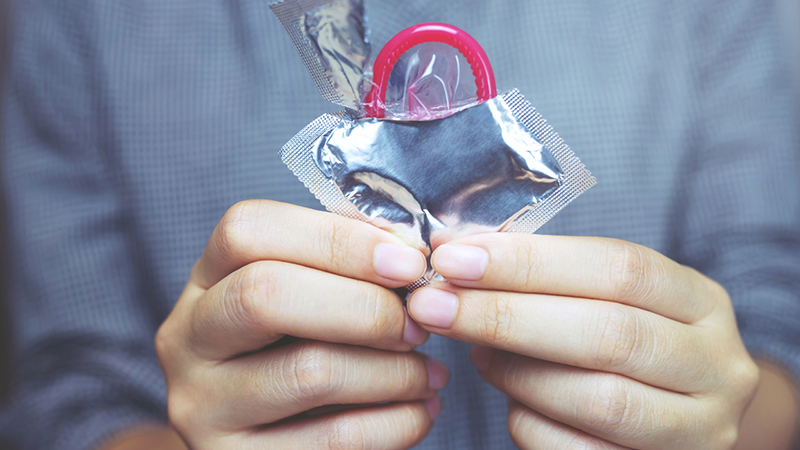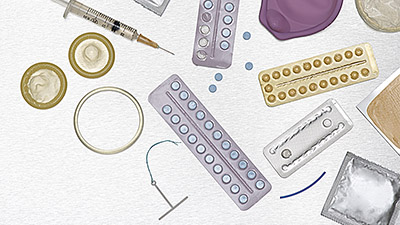Overview
What Is Herpes Simplex Virus?
Genital herpes is a highly contagious sexually transmitted disease (STD) that is caused by the herpes simplex-2 (HSV-2) virus. The virus is closely related to herpes simplex-1 (HSV-1), which causes cold sores. Both types can affect the mouth and genitals, as well as skin elsewhere on the body and in the eyes.
Once you have herpes simplex virus in your system, you will always have it. Outbreaks of a blistery rash can occur throughout your life, although they often diminish with time. Antiviral medication can help prevent and control outbreaks.
Babies born to mothers with herpes simplex can be born with rashes, eye infections or more serious complications. Your physician may recommend a Caesarean section.
It’s estimated that 1 in 5 sexually active adults is infected with the HSV-2 virus. The only way to prevent getting herpes simplex virus is to avoid having vaginal, anal or oral sex. If you are sexually active:
- Use a condom or dental dam every time you have sex.
- Only have sex with a partner who has been tested and is free of STDs.
- Don’t be afraid to talk to your partner about STDs. If you have herpes, tell your partner.
- Do not have sex during an outbreak.



